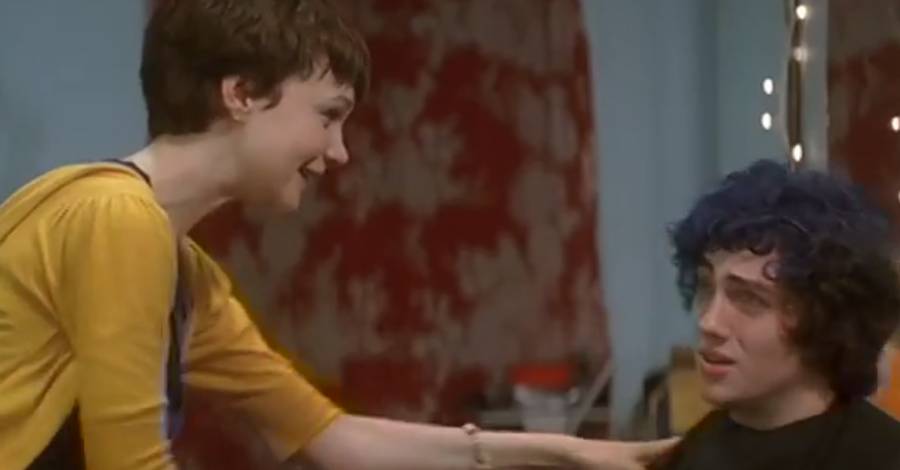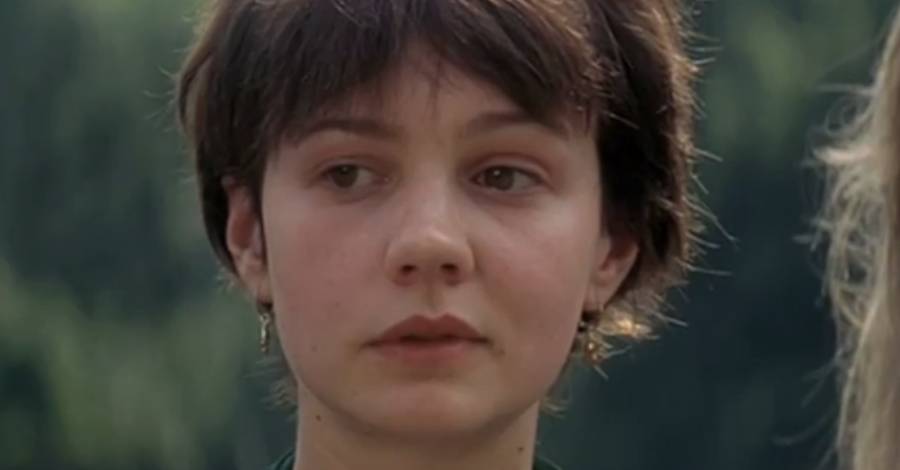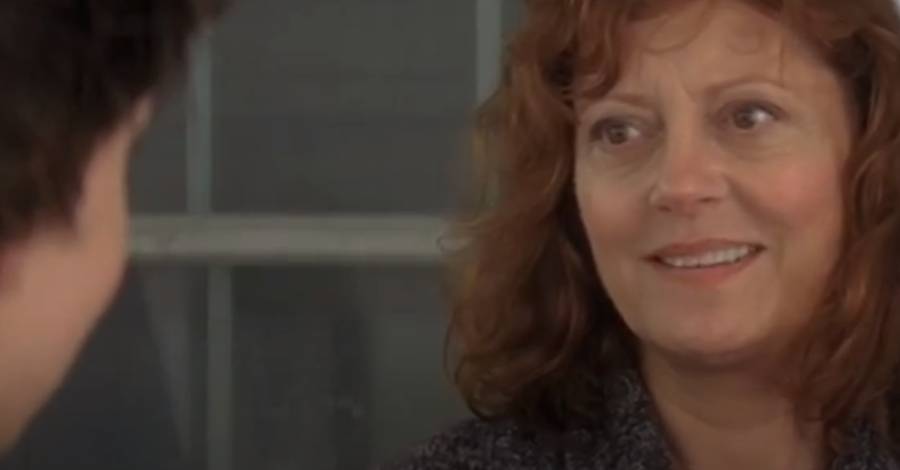Written and directed by Shana Feste, The Greatest (2009) is a poignant drama that explores the aftermath of a tragic loss and the intricate ways people cope with grief, guilt, and healing. Anchored by compelling performances from a talented cast, the film delves into the lives of a family struggling to find solace after a devastating accident. With an emotionally rich narrative, the movie captures the fragility of human connections and the enduring power of love.
Movie Summary: A Tragedy That Shatters Lives

The film begins with an idyllic teenage romance between Bennett Brewer (Aaron Johnson) and Rose (Carey Mulligan), who have just confessed their love for each other. However, this bliss is abruptly cut short when Bennett dies in a car accident, leaving his family and Rose to grapple with his untimely death.
Bennett’s parents, Allen Brewer (Pierce Brosnan) and Grace Brewer (Susan Sarandon), are consumed by their grief. Allen, a reserved man, struggles to express his emotions, while Grace becomes obsessive in her mourning, fixating on every detail of Bennett’s final moments. Meanwhile, their younger son, Ryan Brewer (Johnny Simmons), battles feelings of inadequacy and resentment as the focus remains on his late brother.
Rose enters the Brewers’ lives with a shocking revelation—she is pregnant with Bennett’s child. Her arrival forces the family to confront their pain and reevaluate their relationships, ultimately leading to moments of confrontation, reconciliation, and healing.
The Journey of Healing

1. Grace’s Obsession and Its Impact
Grace’s overwhelming grief manifests as an obsession with Bennett’s memory. She repeatedly contacts the driver of the car involved in the accident to gain a sense of closure, despite Allen’s pleas to let it go. Her fixation creates tension within the family, especially as Rose’s presence becomes a stark reminder of what was lost and what is yet to come.
Grace’s struggle with grief is portrayed with raw intensity, showing how loss can consume and isolate individuals. Her eventual acceptance of Rose and the unborn child marks a significant turning point in her journey, symbolizing a willingness to embrace the future while honoring the past.
2. Allen’s Struggle to Reconnect
Allen’s reserved demeanor contrasts sharply with Grace’s outward mourning. He avoids confrontation and buries himself in work, leaving little room to process his emotions. However, Rose’s arrival challenges his detachment, prompting him to reflect on his role as a father and husband. His eventual decision to support Rose and welcome her into the family signifies his path toward healing and reconciliation.
3. Ryan’s Search for Identity
As the overshadowed sibling, Ryan grapples with feelings of invisibility and frustration. He struggles to carve out his identity in the shadow of Bennett’s idealized memory. Through his interactions with Rose, Ryan begins to process his grief and discover his own sense of worth, ultimately finding a renewed connection with his family.
The Ending of The Greatest Explained

The climax of the film centers around the birth of Rose’s child, a moment that serves as both a culmination of the family’s journey and a symbol of renewal. Despite their initial resistance, the Brewers rally around Rose, offering her the support she needs as she brings a new life into the world. This act of unity signifies their collective healing and willingness to move forward.
The final scenes show the Brewers embracing the baby as a part of their family, signifying a new chapter filled with hope and possibility. Grace’s expression softens, Allen’s demeanor warms, and Ryan’s presence becomes more assured, illustrating their transformation from fractured individuals to a cohesive family unit.
Why Did the Ending Turn Out This Way?
The ending of The Greatest is a testament to the resilience of the human spirit and the transformative power of love. Each character’s journey reflects a gradual acceptance of loss and an understanding that life, despite its pain, continues to offer moments of joy and connection.
Rose’s child becomes a symbol of both Bennett’s legacy and the potential for new beginnings. By choosing to embrace Rose and the baby, the Brewers demonstrate their willingness to honor Bennett’s memory while allowing themselves to heal and rebuild their lives.
The film’s resolution is both poignant and realistic, acknowledging the enduring presence of grief while offering a hopeful outlook on the possibility of healing.
Themes in The Greatest
1. Grief and Its Complexities
At its core, The Greatest is a meditation on grief and the varied ways it manifests in individuals. The Brewers’ differing responses to Bennett’s death highlight the complexities of mourning and the challenges of navigating loss as a family.
2. The Power of Connection
The film underscores the importance of connection and empathy in overcoming adversity. Rose’s unexpected arrival forces the Brewers to confront their emotions and rebuild their fractured relationships.
3. Renewal and Hope
Through Rose’s pregnancy and the birth of her child, The Greatest illustrates the cyclical nature of life and the potential for renewal even in the face of profound loss.
Viewers’ Reaction to the Ending
The ending of The Greatest elicited a mix of emotions from viewers, who found it both heartbreaking and uplifting. Many praised the film’s ability to capture the rawness of grief while offering a hopeful resolution. The performances of Pierce Brosnan, Susan Sarandon, and Carey Mulligan were particularly lauded for their emotional depth and authenticity.
Some viewers noted the film’s slow pacing, but most agreed that the deliberate storytelling allowed for a deeper exploration of the characters’ emotions. The final scenes, which depict the Brewers embracing Rose’s child, resonated with audiences as a powerful symbol of healing and unity.
Conclusion Of The Greatest: A Heartfelt Exploration of Loss and Renewal
The Greatest is a deeply moving film that examines the multifaceted nature of grief and the paths to healing. Through its compelling performances and emotionally rich narrative, the movie captures the fragility of human connections and the enduring power of love.
The ending of The Greatest serves as a poignant reminder that even in the darkest moments, there is potential for growth, renewal, and hope. By embracing both the pain of loss and the promise of the future, the Brewers’ journey offers a universal message of resilience and the transformative power of compassion.






